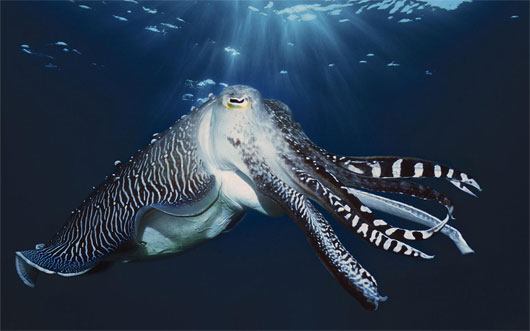Development of edible bio-batteries
US researchers have recently published a surprising discovery: developing a biodegradable and digestible battery in the human body.
Normally, batteries that supply power to electronic devices such as phones and computers . are often made of harmful substances such as coal, lead-zinc, so they cannot get along with the human body, and more difficult to decompose in the natural environment - the big obsession of environmental activists. However, the recent discovery of the research team from Carnegie Mellon University (USA) can solve that concern: The batteries are edible.

In an interview with the press on January 14, Professor Christopher Bettinger said, the team has conducted and tested the energy storage capacity of this particular battery. However, there are no volunteers who have bravely tried this new battery.
It is known that the cathode of the battery is made of manganese oxide, while the anode is made of melamine of the sea squid - an organism capable of producing electricity in some cases. The materials used to create batteries are also completely harmless to health and can be decomposed by microorganisms in the human body. According to US researchers, this bio-battery can produce generate 10 micro-amperes in 5 to 24 hours.

Anode of bio-batteries is made of melamine from sea squid
The development of biocompatible batteries will help researchers advance to create digestible medical devices or electronic devices. In addition, it is not possible to apply this bio-battery to curing neurological diseases by installing them in angioplasty devices, stimulating electricity to affect the cortex.
- 400 year history of battery formation and development
- The new battery works with ... saliva
- Phone batteries can be made from stool
- Distinguish edible and non-edible mold
- Successfully created 'edible' batteries to run medical devices in the body
- Looking back on the 140-year development path of solar batteries
- Bottles can be eaten
- Why does US aviation forbid to carry spare batteries in checked baggage?
- Breakthroughs help lithium-ion batteries last longer
- Discarded, dissolved in water for 30 minutes
- Russia invents edible product wrapping paper
- Russia built nuclear batteries that could run for 100 years
 Daily use inventions come from universities
Daily use inventions come from universities Special weight loss device helps prevent appetite
Special weight loss device helps prevent appetite 8 inventors were killed by their own inventions
8 inventors were killed by their own inventions Iran invented a motor car powered by water
Iran invented a motor car powered by water